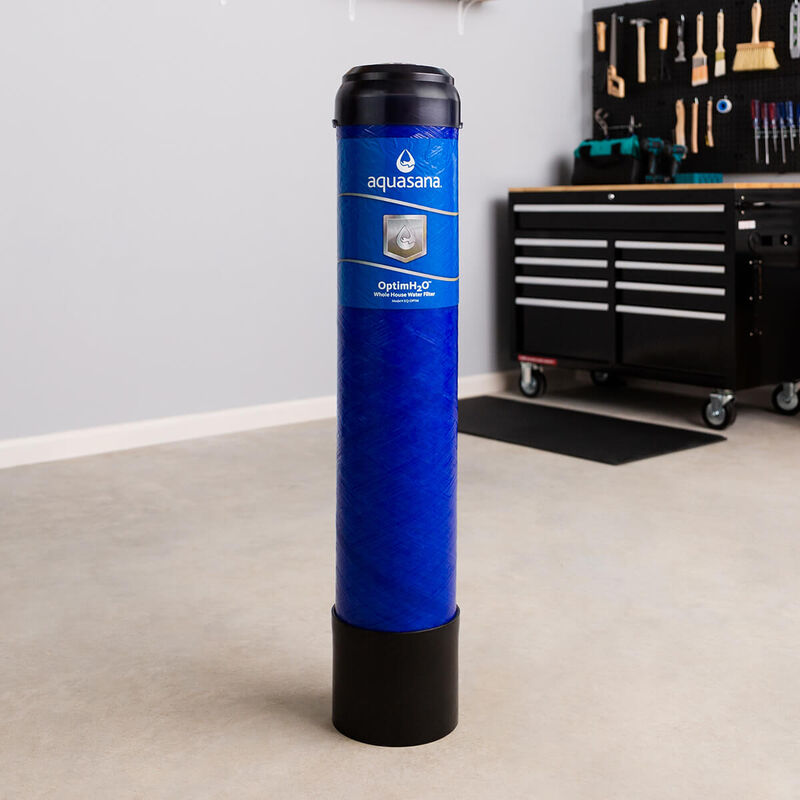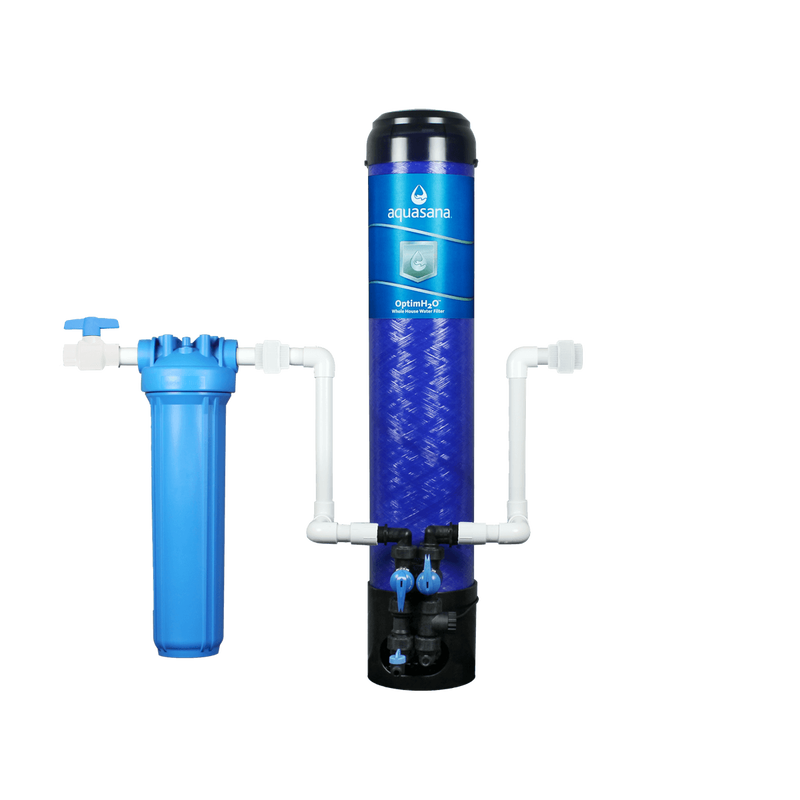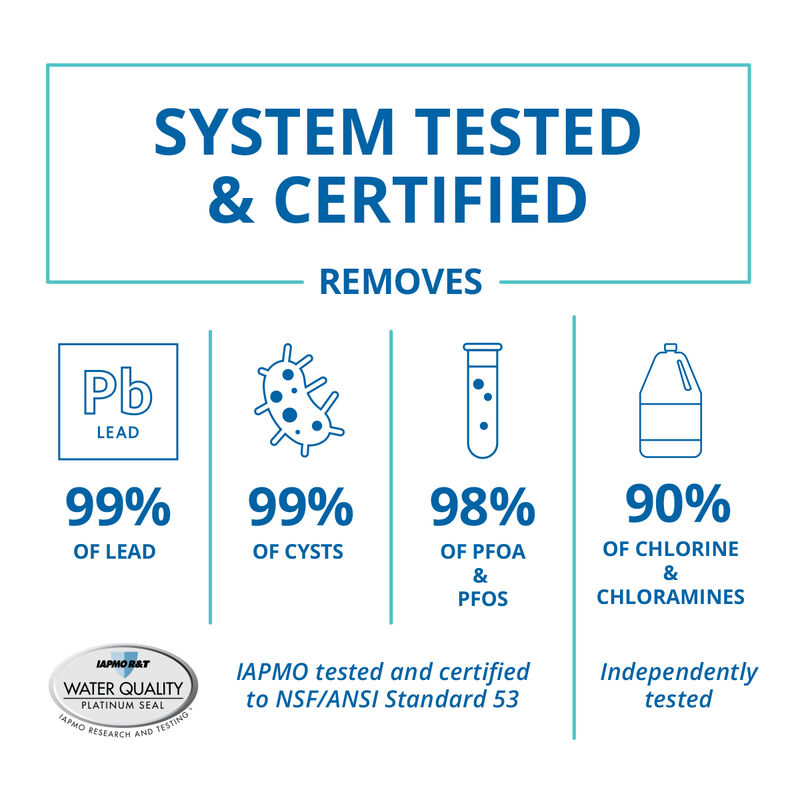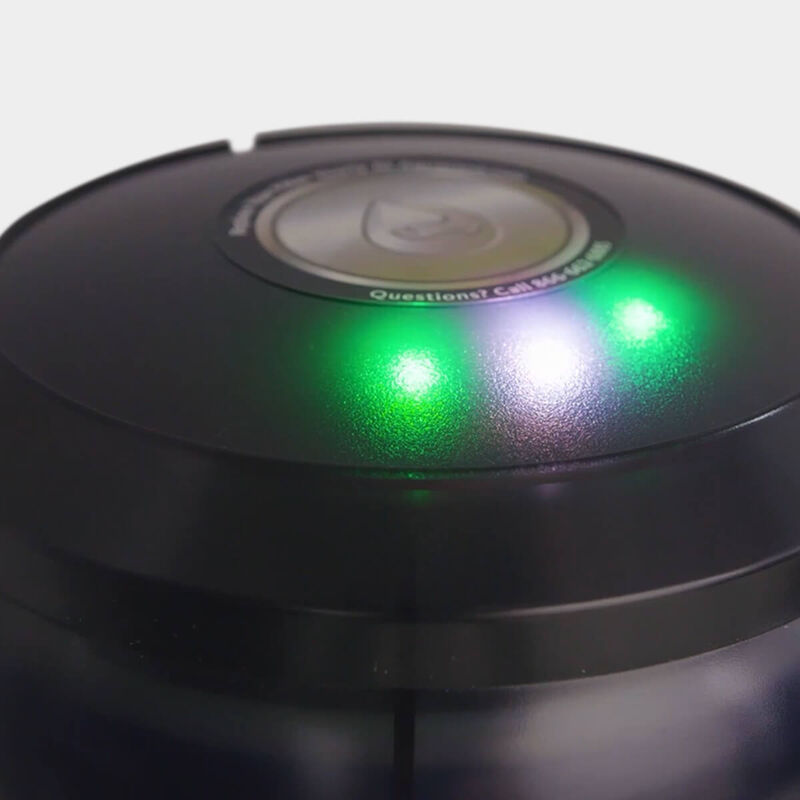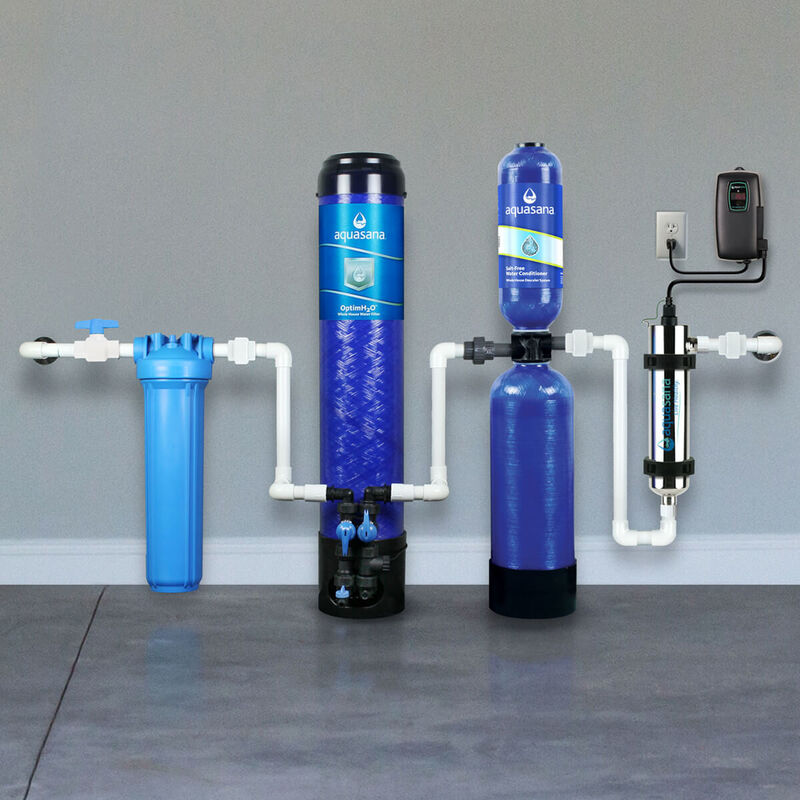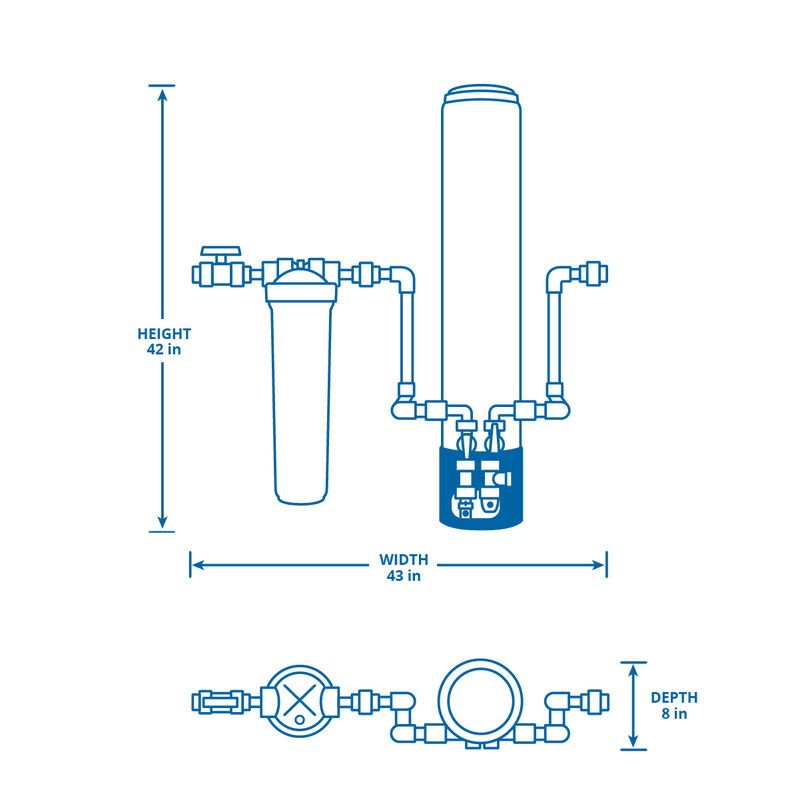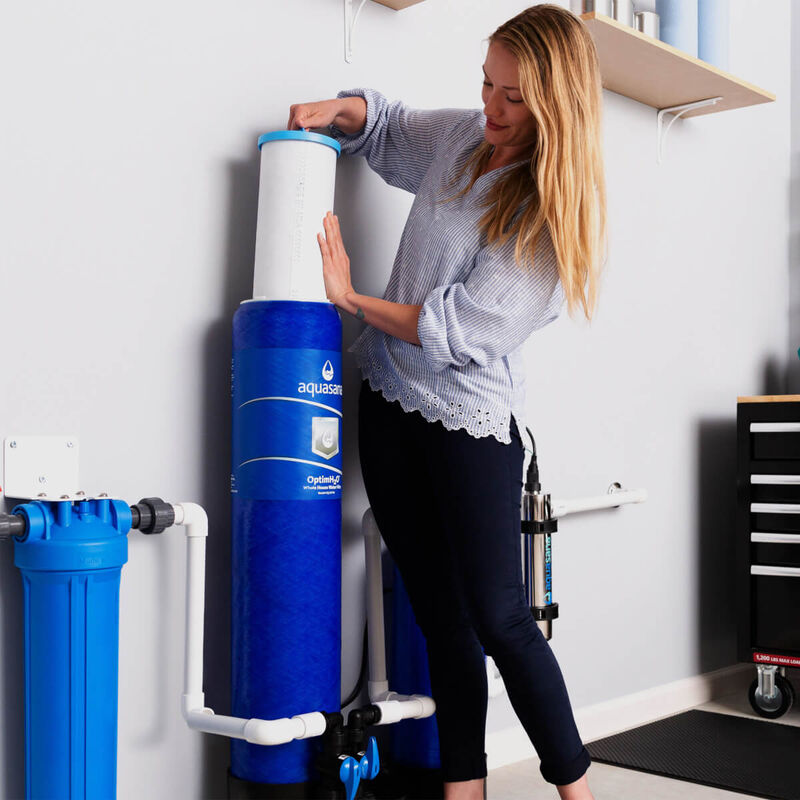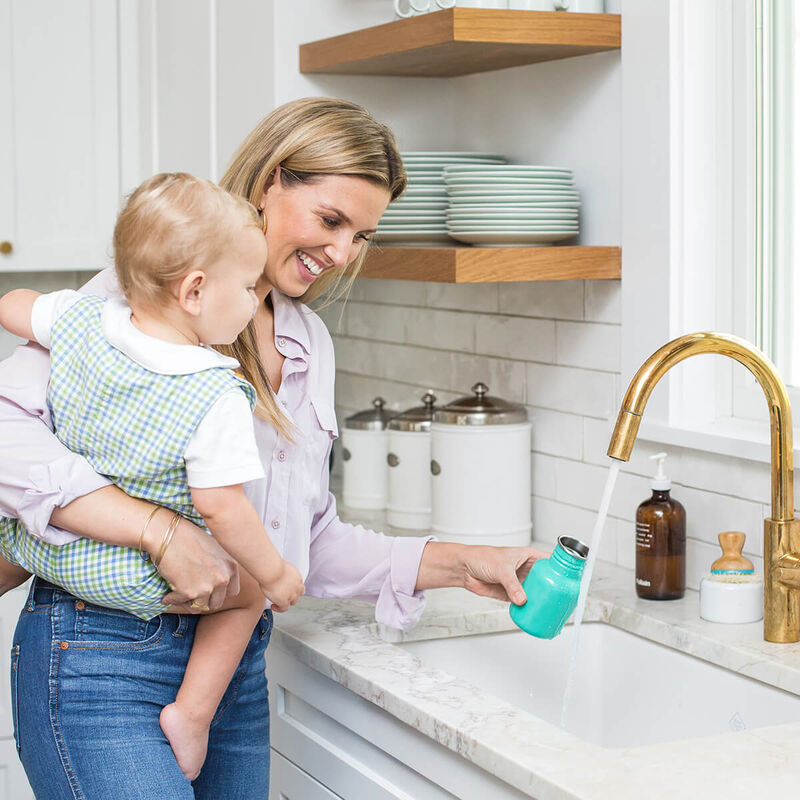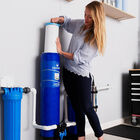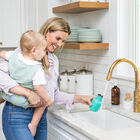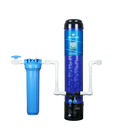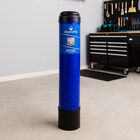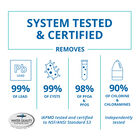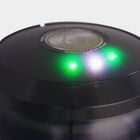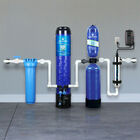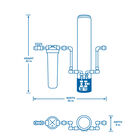OptimH2O®
Tested and certified to reduce lead, cysts, and PFOA/PFOS, plus tackles chlorine and chloramines.
Availability:
-
In Stock
100314311
EQ-OPTM-X
Available Upgrades
Add Salt-Free Water Conditioner
$1,498.00
+$749.00
Add UV Filter
$1,498.00
+$749.00
The Ultimate Protector
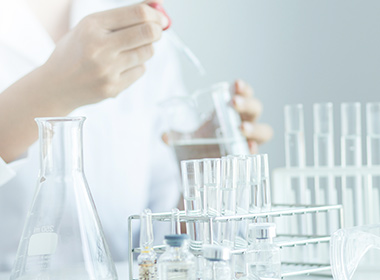
Water You Can Trust
IAPMO tested and certified to remove 99% of lead and cysts and 98% of PFOA/PFOS. Also tackles 90% of
chlorine and chloramines.
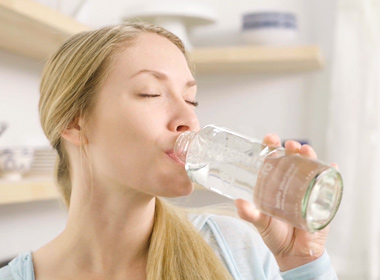
Ultra-Delicious
No chemicals are added during the filtration process, leaving you with only clean, great-tasting water throughout your
home.
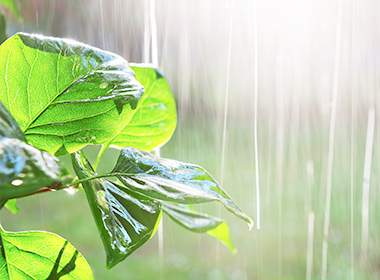
Breathe Easy
Harmful chemicals evaporate in steam, contaminating the air. Instantly improve indoor air quality by
filtering the water in your home.
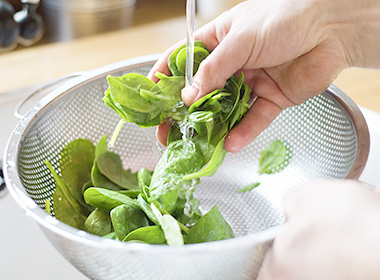
Better Water, Better Cooking
Filtered water produces more natural flavors for amazing results in the kitchen. Leave your friends
wondering about your best kept secret.
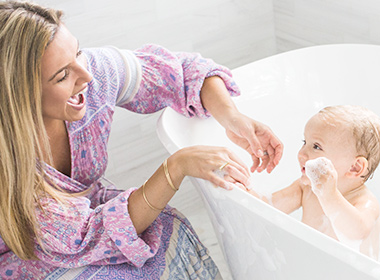
Healthier Skin & Hair
Bathe yourself in filtered water for noticeably healthier, more moisturized hair and skin.

Brighter, Clean Clothes
Chlorine can fade and damage your clothing. Save your closet (and wallet) with filtered water.
How It Works
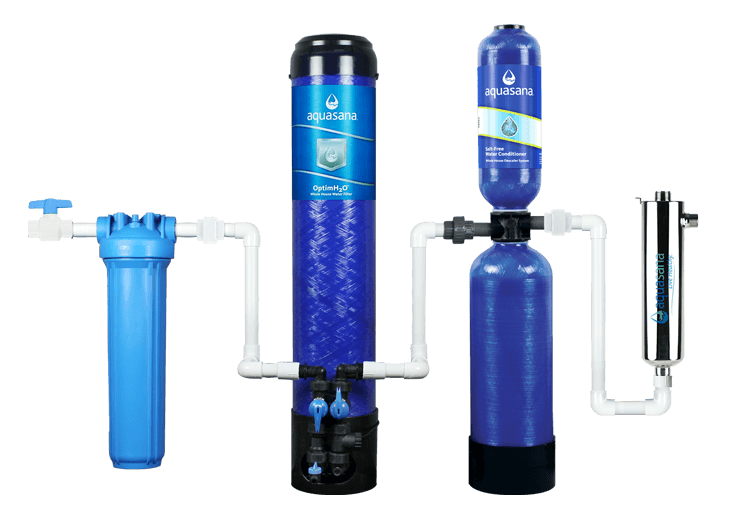
Revolutionary Design
The ultimate protector. Our IAPMO Certified whole house water filter system is comprised of a single, ultra-dense carbon block with its own unique formula of high-potency, contaminant-grabbing media and filtration.
Revolutionary Design
The ultimate protector. Our IAPMO Certified whole house water filter system is comprised of a single, ultra-dense carbon block with its own unique formula of high-potency, contaminant-grabbing media and filtration.
State-of-the-Art Technology
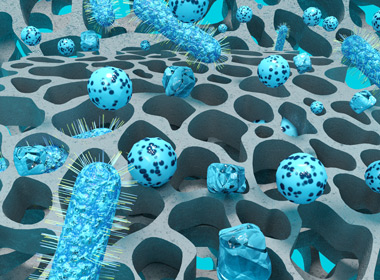
Revolutionary Design
Giant, ultra-dense carbon block offers superior filtration. Catalytic and activated carbon are combined for first-of-its-kind effectiveness.
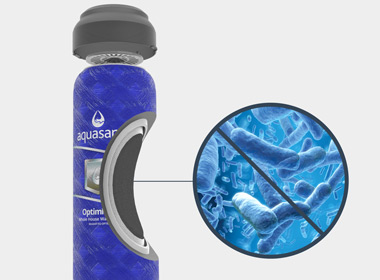
Optimal Filtration
Filtration down to 0.5 microns reduces lead, cysts, PFOA/PFOS, chlorine, chloramines and more for amazing water throughout your entire house.
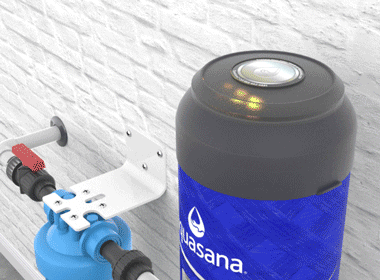
Innovative Features
LED system monitors water and flow rate and gives you a color-coded notification, letting you know when it’s time to replace your filter.
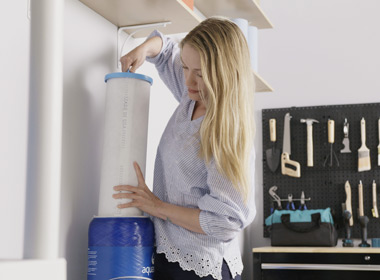
Easy Filter Replacements
Designed with a built-in bypass valve and patented snap ring technology for easy replacements – no tools or plumber required.
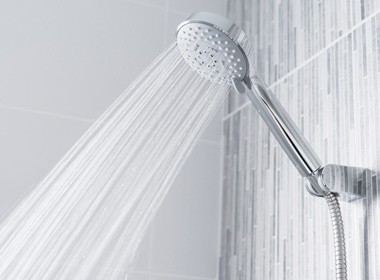
Reliable Water Flow
Powerful OptimH2O® can easily maintain enough water pressure to keep up with the needs of the busiest households.
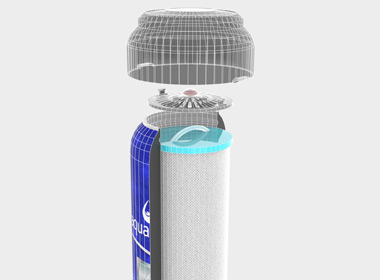
Strong & Safe Materials
Molded from HDTE (High Density, Tri-Extruded), food grade material, the OptimH2O® tank is super strong with a lightweight lining.
This system comes with a 1-Year/5-Year Limited Warranty and a 90-Day Satisfaction Guarantee so you can be confident in
your purchase.

IAPMO tested and Certified to NSF/ANSI Standard 53 to reduce 99% of lead and cysts and 98% of PFOA/PFOS. Independently
tested to reduce 90% of chlorine and chloramines. See claims specified on the Performance Data Sheet.
Whole Health, Pure Performance
This filter removes up to:
99%
Lead and Cysts
98%
PFOA/PFOS
90%
Chlorine and Chloramines
The OptimH2O® is the ultimate protector for your home and
family. IAPMO tested and certified to NSF/ANSI Standard 53 (includes P473), the system reduces more than
99% of lead and cysts, 98% of PFOA/PFOS, and tackles chlorine, chloramines, and more.
The OptimH2O® provides benefits throughout your entire home.
Get great-tasting, odor-free water for cooking and drinking. Cooking with filtered water
produces stronger flavors, quicker cooking times, and all-around optimal results in the
kitchen.
When bathing and showering in filtered water, you reduce
your body’s exposure to harsh chlorine and synthetic chemicals that can cause damage and
excessive drying. Bathe in Aquasana filtered water for noticeably healthier, more
moisturized hair and skin.
This system boasts state-of-the-art filtration technology. The ultra-dense
carbon block tank offers superior filtration for amazing water throughout your entire home.
Take the guesswork out of filter replacements with LED notifications
that let you know when it’s time to replace your filter. The OptimH2O's single filter is uniquely
designed to lift away and replace. Replacements are easier than ever with a built-in bypass valve
and patented, state-of-the-art snap ring technology that eliminates the need for tools.
Add more performance to your system with a Salt-Free Water
Conditioner to naturally and safely reduce scale buildup on internal pipes and plumbing
without the use of salt or chemicals. Get total home protection with the optional UV Filter
that powerfully sterilizes 99.99% of viruses and bacteria, and 99% of chlorine-resistant cysts.
System Operating Temp Range: 34-120°F
System Max Operating Pressure: 120 psi
Specification
- Length:
- Height:
- Diameter:
- Flow Rate* (GPM):
- Capacity (Years):
- Capacity (Gallons):
Base Unit
- Please see chart below
- 42"
- 8"
- 4.8
- 1
- 100,000
Conditioner
- 46"
- 9"
- 7.0
- 10
UV
- 15"
- 4"
- 7.0
- 1
*Contaminant reduction testing and resulting values are based on Rated Flow Rates indicated above. Values will vary
based on faster or slower flow rates.
OptimH2O
![]()
OptimH2O + Conditioner
![]()
OptimH2O + UV
![]()
OptimH2O + UV + Conditioner
![]()
Always use genuine, certified Aquasana replacements for
continued contaminant removal and system performance.
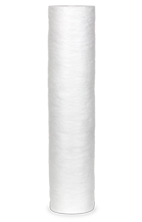
OptimH2O® Pre-Filter Replacement
Replace every 6 months
Replace every 6 months
Prevents dirt and sediment particles from
entering and clogging the main filter unit
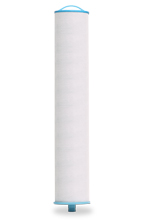
OptimH2O® Filter Replacement
Replace every 12 months
Replace every 12 months
Filters 100,000 gallons for water or up to
12 months for clean, great-tasting water
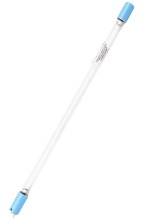
New UV Replacement Lamp
Replace every 12 months
Replace every 12 months
Uses ultraviolet light to sterilize 99.99% of bacteria and viruses and 99% of cysts
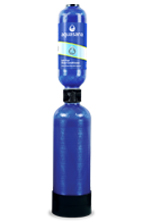
Salt-Free Water Conditioner
Replacement
Replace every 10 years
Replace every 10 years
Descales your water without adding
excess salt into the environment
Help & Support
-
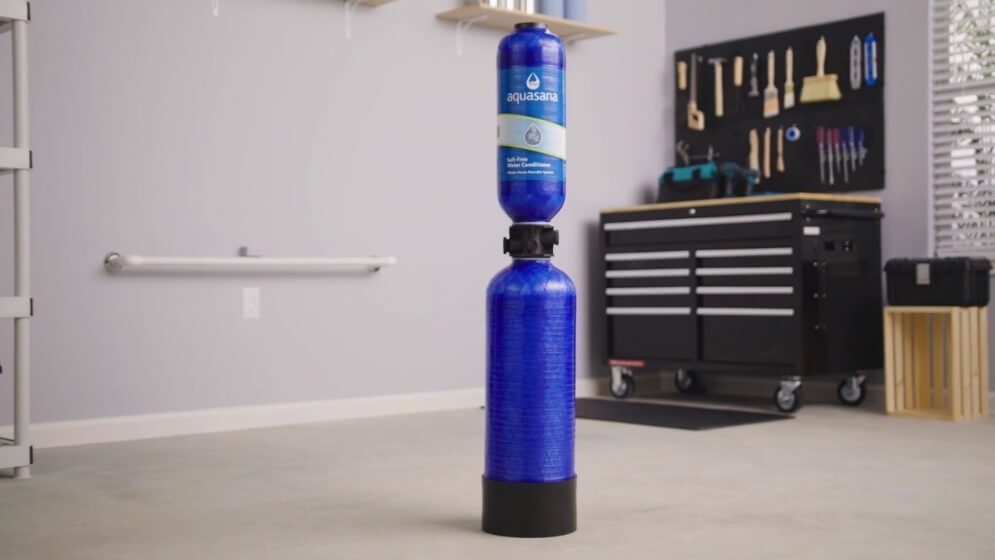 Learn about our Whole House Water Filter upgrade option, the Salt-Free Water Conditioner
Learn about our Whole House Water Filter upgrade option, the Salt-Free Water Conditioner -
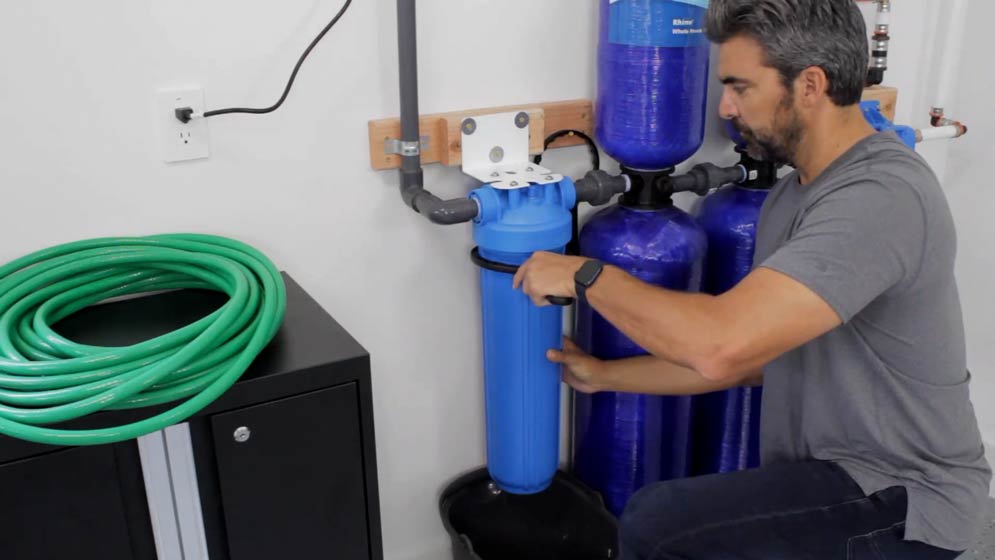 How to Replace a Whole House Water Filter Pre-Filter
How to Replace a Whole House Water Filter Pre-Filter

Learn about our Whole House Water Filter upgrade option, the Salt-Free Water Conditioner
1. Why are whole house water filters considered point of entry systems?
The filtration system is installed at the point where the main water supply enters the home, delivering filtered water throughout your home.
2. Do I need a licensed plumber to install a whole house filter?
Since most licensed plumbers carry insurance to cover any damages caused by an installation error, having a licensed plumber install the system will give you the security that the work was done properly and peace of mind in knowing that the installation is backed up by the plumbing company's insurance plan.
3. What is the flow rate of the OptimH2O® whole house water filters?
The OptimH2O® Whole House water filter is rated for 4.8 gallons per minute (gpm). True flow rate will vary with influent water pressure.
4. Will my water pressure drop after I've installed a whole house water filter?
A home that is less than 3,500 sq. ft. with 3.5 bathrooms or fewer should not experience any noticeable drops in pressure. For homes larger than this, our knowledgeable Customer Service Team can build a custom system to accommodate the water capacity of the home. For more information, call us at 877-996-2875.
5. What is the difference between the OptimH2O® and the Rhino® Whole House Filters?
The OptimH2O® is IAPMO tested and certified to remove over 99% of lead and cysts, over 97% of PFOA/PFOS, and up to 90% of chlorine and chloramines. The Rhino® Whole House Filters are tested and certified for the removal of up to 97% of chlorine.
6. What type of filtration media do you use in the tank of the OptimH2O® system?
The tank contains a giant, ultra-dense carbon block that offers superior filtration compared to granulated media. Catalytic and active carbon are combined to perform ion-exchange and sub-micron filtration.
7. Does the OptimH2O® remove chlorine from tap water? How much?
The OptimH2O is certified by IAPMO to reduce over 90% of chlorine for 100,000 gallons or up to 12 months.
8. What is chloramine and does the OptimH2O® remove it?
The OptimH2O is internally tested to reduce more than 90% of chloramine. Chloramine is a disinfection agent comprised of chlorine and ammonia used as an alternative to chlorine in some city water treatment facilities.
9. What is the difference between city water and well water?
City water is pre-treated to make sure it is free of bacteria, viruses, and common contamination sources. It’s also regulated per the Environmental Protection Agency’s (EPA) guidelines.
Well water comes from an underground aquifer that is pumped into a home and is typically untreated. Well water may contain higher than average levels of iron or sulfur, or other contaminants.
Well water comes from an underground aquifer that is pumped into a home and is typically untreated. Well water may contain higher than average levels of iron or sulfur, or other contaminants.
10. What is hard water?
Hard water, while mostly a nuisance, occurs when dissolved minerals clump together to produce scale that can harm your internal pipes, plumbing, and home appliances. Hard water contains a higher-than-average amount of dissolved minerals (primarily calcium and magnesium), and a higher concentration of multivalent cations (Ca2+ and Mg2+).
11. Does having hard water mean it is contaminated?
No, hard water is not always considered contaminated. Most water sources in the USA are considered hard.
12. Is hard water safe to drink?
Hard water can be city water or well water meaning it may or may not be pre-treated. The minerals that make water "hard" are not considered contaminants, but hard water can still contain additional contaminants that are not safe for consumption.
13. What is soft water and how do I know if my home has it?
Soft water is water that has either been treated by a water softener or naturally contains less hard minerals. The most recognizable trait of "soft" water is how much more soap lathers, as opposed to hard water. Soap lathers less due to the higher concentration of minerals. Water softeners reduce the negative effects of dissolved minerals in water that can clump together and produce scale buildup.
14. Does having soft water mean it is clean water?
Soft water does not mean clean water. Your water can be soft and still have contaminants present in the water.
15. Is soft water safe to drink?
Yes, soft water is considered potable. Drinking water from a sodium-based softener increases your daily intake of sodium, which can lead to health problems in sodium-sensitive individuals. Please keep in mind that a water softener is not a water filter. A water softener does not remove contaminants present in your water.
16. What is a salt-based water softener?
A salt-based water softener is a softener system designed to remove/reduce calcium and magnesium from the water by exchanging it with sodium. This is done through an ion exchange process that alters the molecular structure of the calcium and magnesium from a divalent ion to a univalent ion, making the water "softer."
17. Do water softeners reduce chemical contamination?
Softeners do not remove chemical contamination themselves, but softeners sometimes have a carbon filter working in conjunction with the softener to treat contamination.
18. Do whole house water filters remove calcium?
Our whole house filters do not remove calcium. To reduce hard mineral buildup, we recommend adding on our Salt-Free Water Conditioner.
19. Do I need to disinfect my water supply?
It is recommended to disinfect all water supplies that are not protected by a municipal water (city water) source. By providing your own disinfection, you are ensuring the safety of your water supply for you and your family.
20. Do I need to disinfect my municipal water supply (city water)?
f you use water that comes from a municipal water supply and wish to provide your family with added peace of mind, a UV Filter acts as an added safeguard against bacteriologically contaminated water.
21. Do Whole House Water Filters remove bacteria or viruses?
We offer the UV Filter as an add-on to the OptimH2O® that is designed to render bacteria and viruses inactive. The UV Filter safely sterilizes up to 99% of illness-causing organisms.
22. Is UV filtration effective against protozoa such as cryptosporidium and giardia lamblia?
Yes, UV filtration is the best available technology proven to treat protozoan cysts. The levels required to inactivate these cysts are quite low: less than 10 mJ/cm2 for 99% sanitization of both Cryptosporidium parvum and Giardia lamblia.
23. Does UV filtration render E. coli inactive?
E. coli requires a UV dose of 6-10 mJ/cm2 in order to render it inactive or sterilize by 99%. The Aquasana UV Filter delivers a minimum of 30 mJ/cm2.
24. Is UV filtration 100% effective?
UV filtration typically offers a 2-log reduction (99% sanitization) for bacteria, cysts, and most viruses. UV filtration is more effective and more eco-friendly than chemical disinfection processes at destroying a wide range of these contaminants.
25. How much does it cost to operate UV filters?
UV filters are extremely economical to operate. A typical 10 gallon per minute (gpm) UV filter operates on the same power requirements as a 40-watt light bulb!
26. Will UV filters change the taste of my water?
No, UV is a physical disinfection process. It does not change the taste or odor of the water. It simply provides safe, reliable disinfection while adding nothing to your water.
27. Should I shut my UV filter off when I am not using it?
No, the UV filter should be left on whether you are using water or not. The lamp ages regardless of the amount of water drawn through the system. By leaving the unit on, you will eliminate the potential problem of having contamination pass through the filter while the unit is off. However, if water is drained from your disinfection system, your UV filter must be switched off.
28. What are the annual maintenance requirements on a UV filter?
UV lamps have a powerful life of approximately 9,000 hours, which means that the lamps require annual replacement. The UV light may offer illumination beyond 1 year, however there will not be enough UV energy to provide adequate disinfection. Proper maintenance of any pre-treatment is also required. Additionally, the sleeve must be cleaned at least once a year.
29. Do I need to consider the quality of my water prior to the UV filter?
Yes, our UV filter is designed for water that has already been filtered through a home filtration system and not as a standalone unit. For UV filters to be effective, it is recommended that the influent water contain the following:
- Iron < 0.3 ppm (0.3 mg/L)
- Manganese < 0.05 ppm (0.05 mg/L)
- Hardness < 7gpg
- Tannins < 0.1 ppm (0.1 mg/L)
- Turbidity < 1NTU
- UV transmittance > 75%
30. I just installed my filter. Why does my water look milky or cloudy?
After you install your whole house filter, you may notice your water is cloudy. Cloudy or white water is a result of air in the pipes. This trapped air is what causes the water to have a cloudy appearance. This is very common and not harmful. After 30 seconds to a minute, the cloudiness will clear. The trapped air in the pipes can take a week to a month to completely resolve.
